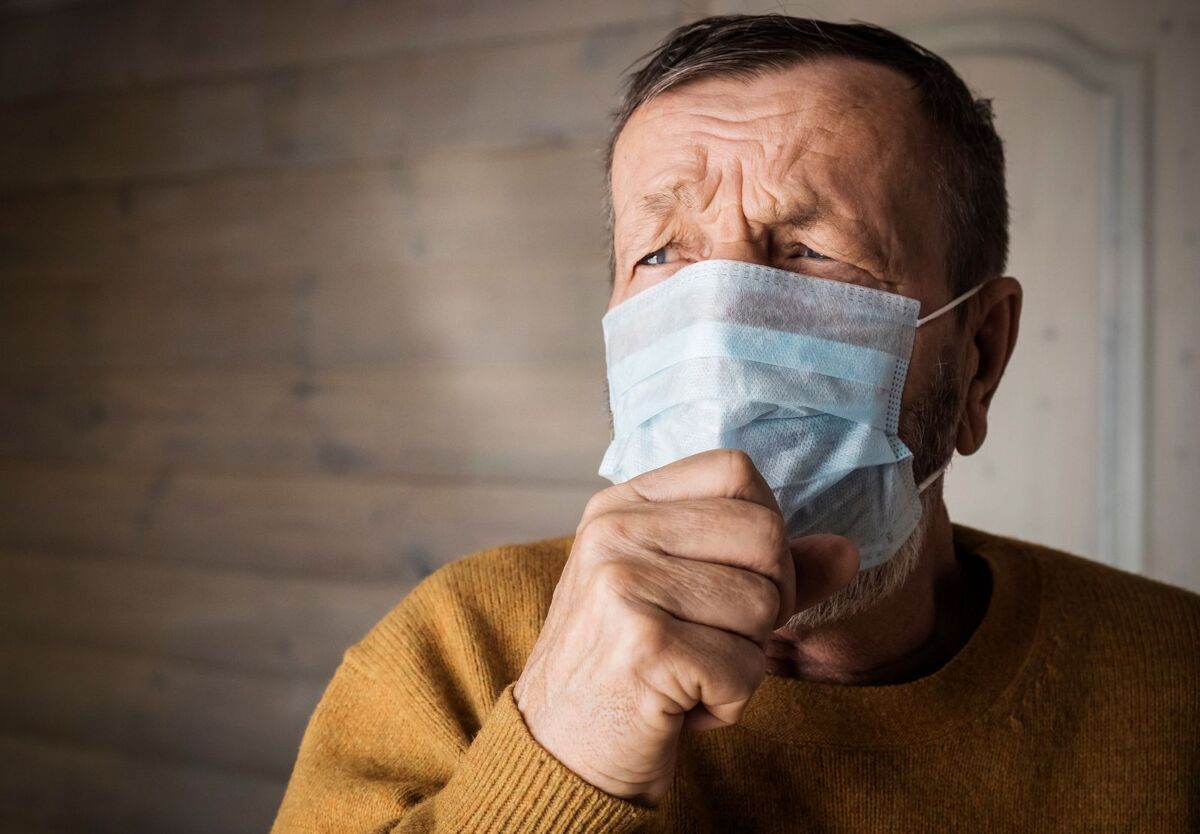
Respiratory infections—from the common cold to Covid-19—could be eased, and even prevented, by topping up with vitamin supplements, and especially A, E and D.
Eating a more nutritious diet, and avoiding processed and fast food, can also help protect you.
Making sure we get these essential nutrients is vital for a healthy immune system that can keep us safe from the flu, colds, pneumonia and even possibly Covid-19, say researchers from Imperial College London.
We can top up our levels of vitamin A and E from supplements or a healthy diet, but we need to take supplements to increase our levels of vitamin D. Foods rich in vitamin A include liver, whole milk, cheese, carrots, dark green leafy vegetables, such as spinach, and orange-coloured fruits.
The researchers said that vitamin C didn’t seem to protect people from any of the infections.
They tracked the health of 6115 adults for eight years, who reported back on vitamins they were taking as well as the diet they were eating and noting when they suffered a cold or other respiratory problems.
The researchers said there was an inverse ratio between nutritional status and infection; in other words, those who ate a nutritionally-poor diet or even were malnourished also had more respiratory infections.
Vitamin A—taken at doses far higher than the recommended dietary allowance (RDA)—helps keep mucosal tissue healthy; vitamin E protects the lungs, and vitamin D has a positive impact on our overall health. Although vitamin C helps the immune system produce more infection-fighting white blood cells, the researchers said they couldn’t see the evidence that it was especially good for fighting respiratory infections.
The researchers point out that the participants were reporting for the eight years up to 2016 and so this was long before the Covid-19 epidemic started and, although it’s hoped the dietary approach might help avoid infection from the virus, they cannot be sure.
(Source: BMJ Nutrition, Prevention & Health, 2020; 0; doi: 10.1136/bmjjnph-2020-000150)